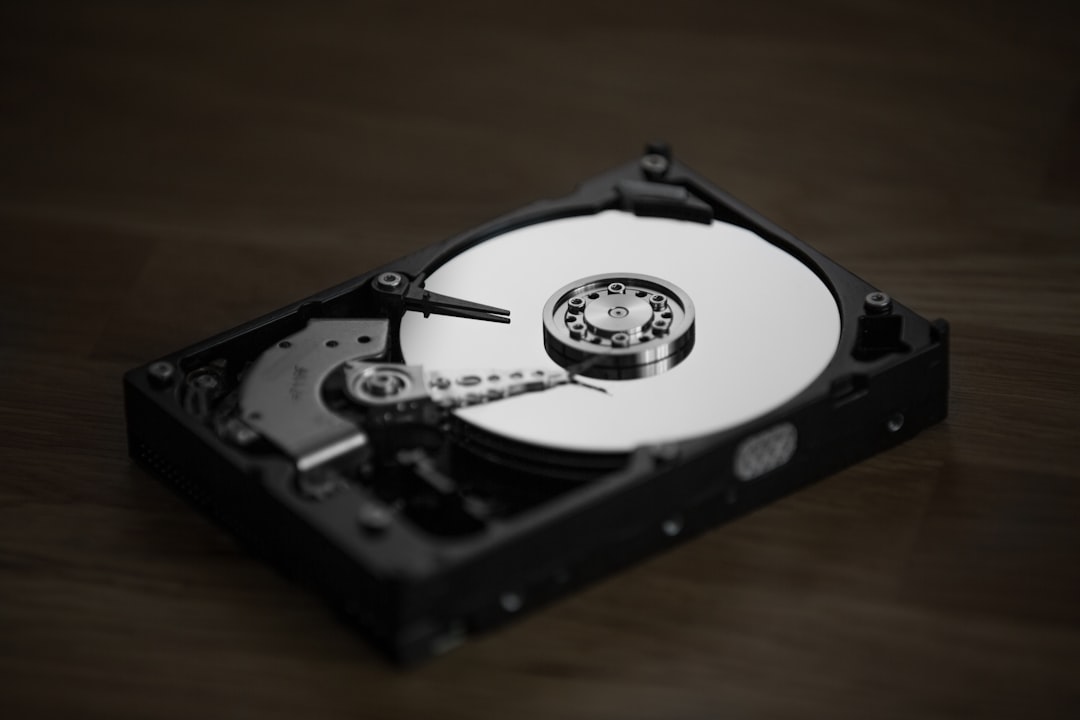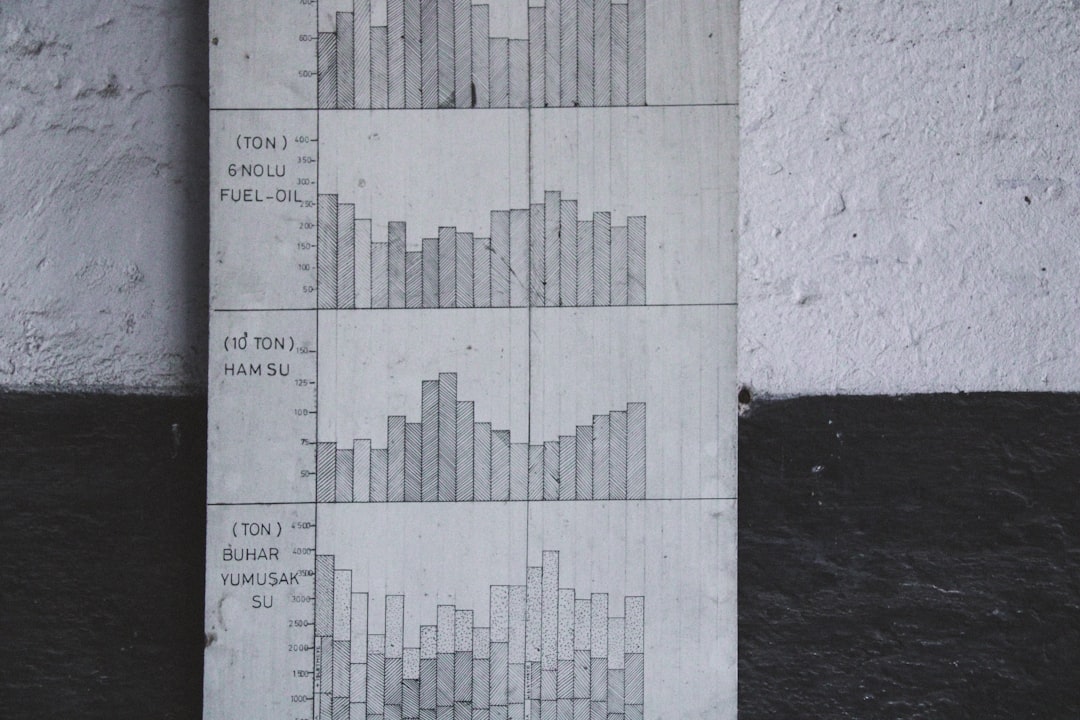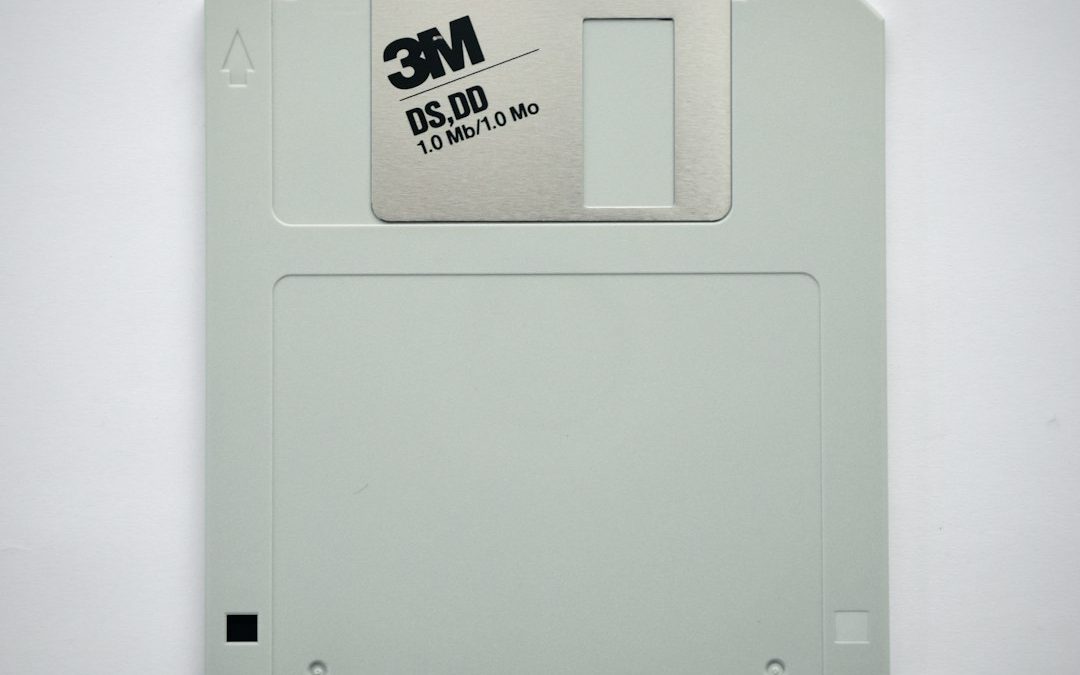When shopping for a new computer or upgrading your current one, one of the biggest decisions you’ll face is whether to go for a Solid State Drive (SSD) or a Hard Disk Drive (HDD). These two types of storage serve the same primary purpose—saving your files and operating system—but they operate very differently. Understanding the difference between SSDs and HDDs can help you make an informed decision tailored to your needs.
TL;DR (Too Long; Didn’t Read)
SSDs are faster and more durable than HDDs, but they usually come at a higher price per gigabyte. HDDs offer more storage for less money, making them a popular choice for bulk data storage. If you prioritize speed and performance, go with an SSD. For budget-friendly high-capacity storage, HDDs are still a solid option.
What Are SSDs and HDDs?
Solid State Drives (SSDs) are storage devices that use integrated circuits to store data. They’re built on NAND flash memory and contain no moving parts. This technology is similar to what’s used in USB flash drives and smartphones, but optimized for higher capacity and performance.
Hard Disk Drives (HDDs), on the other hand, are mechanical storage devices that store data on rotating magnetic disks. A read/write arm physically accesses the storage, similar to a record needle. This traditional technology has been around for decades and is known for being cost-effective.

Speed: Where SSDs Shine
The most immediate and noticeable difference between SSDs and HDDs is speed. SSDs offer lightning-fast read and write speeds compared to traditional HDDs. This means everything from booting up your operating system to launching programs or copying files will take a fraction of the time with an SSD.
Benchmarking shows that:
- SSDs can have read/write speeds of 500MB/s to over 3,000MB/s (for NVMe SSDs)
- HDDs usually max out around 80–160MB/s
This performance gap makes SSDs the preferred option for gamers, video editors, and professionals who work with large files or resource-intensive applications.
Durability and Reliability
Another major advantage of SSDs is their durability. Since SSDs contain no mechanical parts, they are more resistant to physical shock and wear. This can be crucial if you’re working in mobile and rugged environments, such as with laptops or portable systems.
HDDs have moving parts that are prone to failure over time, especially if dropped or handled roughly. They’re more vulnerable to:
- Sudden power loss
- Physical impacts
- Wear from continuous use
That said, HDDs have been used reliably for many years and are often sufficient for home or office setups where mobility is less of a concern.
Storage Capacity and Cost
One area where HDDs have a clear advantage is in affordability at higher capacities. Terabyte for terabyte, HDDs are considerably cheaper than SSDs. For example:
- 1TB HDD: Usually around $30–$50
- 1TB SSD: Starts at around $70–$100
This price difference scales with capacity, meaning HDDs often make more sense for backing up large amounts of data such as photos, videos, and archives. If you’re building a home server or media center, an HDD might be the more economical path.

Form Factors and Interfaces
SSDs and HDDs come in different shapes and sizes, and their compatibility depends on your device.
SSDs are commonly found in:
- 2.5-inch SATA models (similar size to HDDs)
- mSATA
- M.2 NVMe drives (like a stick of gum – very compact)
HDDs are usually found in:
- 3.5-inch form factor for desktops
- 2.5-inch form factor for laptops
The interface also affects speed. Older SSDs use SATA III, which is slower than NVMe SSDs that connect via PCIe interfaces. Knowing your motherboard and system compatibility will help you choose the right form factor and interface.
Noise, Heat, and Power Consumption
SSDs are virtually silent because they have no moving parts. They also generate less heat and consume less power, making them a better choice for energy-efficient laptop and mobile device use.
HDDs, conversely, spin up platters and move read/write heads, generating both audible noise and more heat. They also draw more power, which can be a consideration in environments where cooling and battery life matter.
Lifespan and Write Cycles
While SSDs have limits on how many times you can write to each cell, modern techniques like wear leveling and over-provisioning help extend their lifespan considerably. Most users will replace their device before ever writing out an SSD’s capacity.
HDDs, in contrast, may fail due to mechanical issues but don’t suffer the same write cycle limitations. They’re often replaced due to mechanical wear rather than data degradation.
When Should You Choose an SSD?
You should favor an SSD if:
- You want fast boot and load times
- You use your computer for gaming or video editing
- You work with large files regularly
- You use a laptop and want better battery life
SSDs offer dramatic performance enhancements, especially noticeable on older systems after upgrading from an HDD. They’re ideal for operating systems, applications, and frequently accessed files.
When Is an HDD a Better Option?
An HDD could be the better option if:
- You’re on a limited budget per GB
- You need large storage volumes for media or backups
- You’re building a media server or archive system
- Speed isn’t your highest priority
Many people pair a small SSD for their operating system and programs with a larger HDD for everything else—creating a “hybrid” setup that balances speed and capacity.
Hybrid Drives and Other Alternatives
Another option worth mentioning is the Solid State Hybrid Drive (SSHD), which combines elements of both SSD and HDD into a single drive. These drives use a small portion of SSD to cache frequently used data, improving performance while maintaining high capacity at a lower cost.
While not as fast as a pure SSD, SSHDs provide a noticeable improvement over traditional HDDs and are common in budget-focused laptops and desktops.
Conclusion: Which Should You Choose?
The choice between an SSD and an HDD ultimately depends on your needs:
- Choose an SSD if you value speed, durability, and power efficiency.
- Choose an HDD if you need lots of affordable storage space.
- Or combine both for a versatile, cost-effective setup.
In today’s world, SSDs have become the new standard for most applications, especially as prices continue to drop. However, HDDs still have a useful place when it comes to bulk storage and backup needs.
As the technology evolves, the distinction between the two is becoming less about what’s better overall and more about what’s better for you.
yehiweb
Related posts
New Articles
Why Some Marketers Rely on Auto Follow Twitter Followers
In a rapidly evolving digital landscape, Twitter remains one of the most powerful platforms for real-time engagement and audience outreach….

